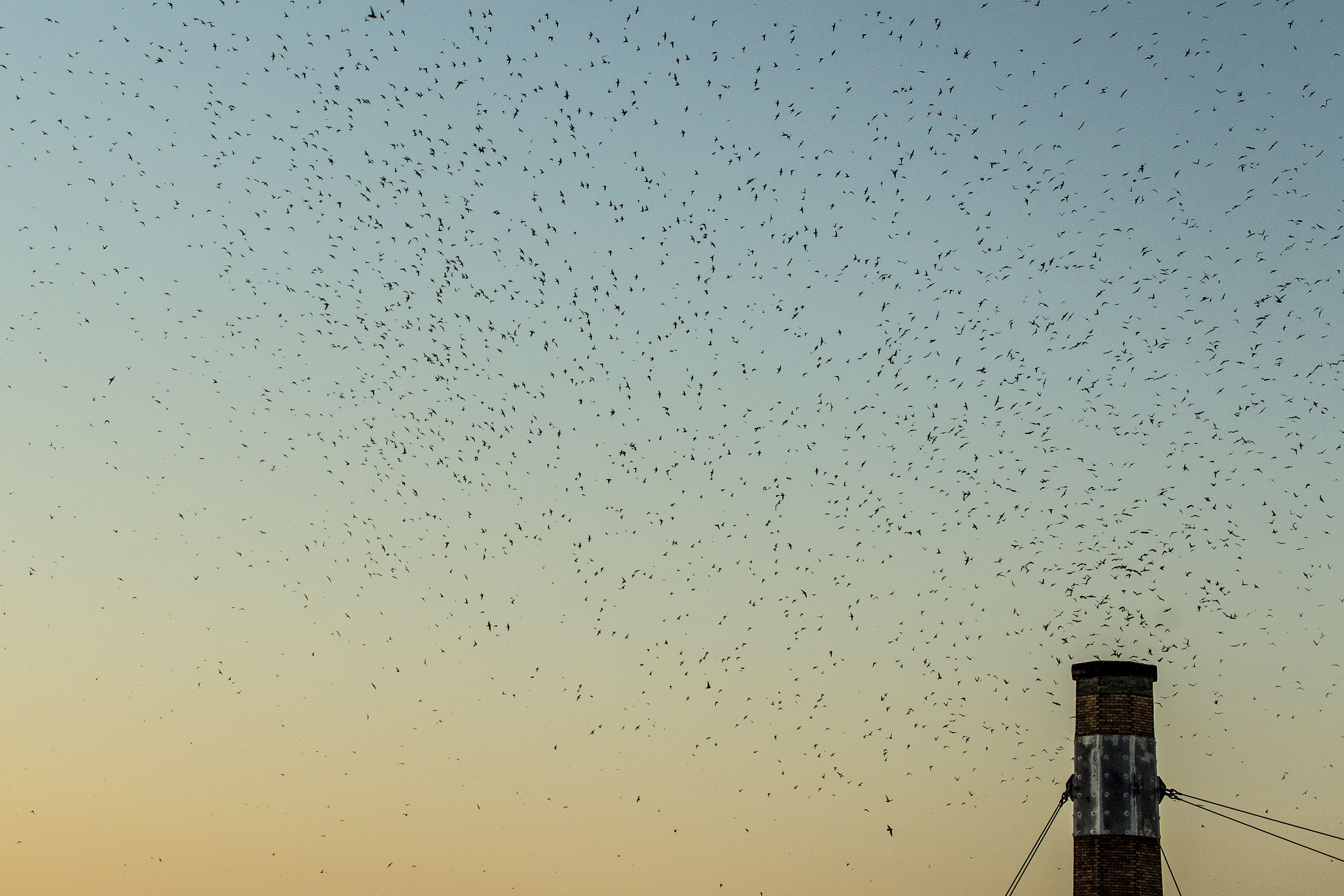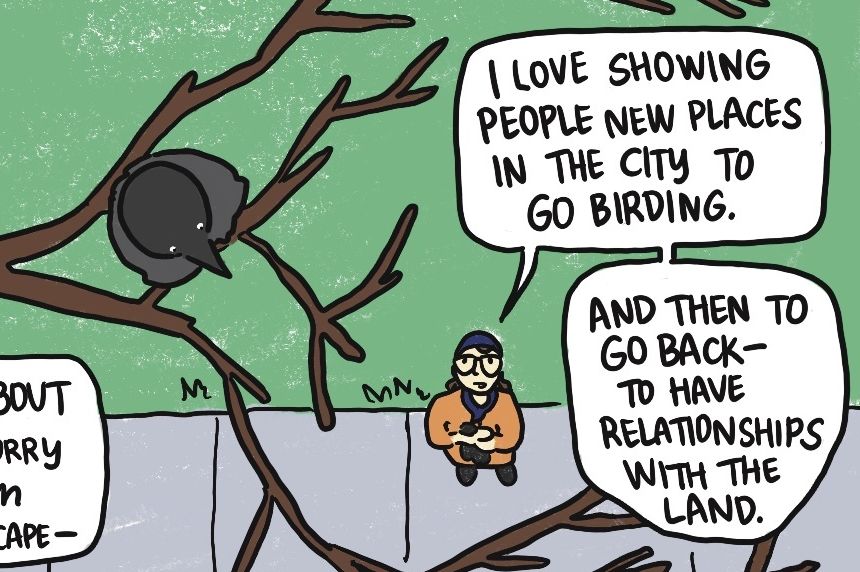What’s the Audubon Society of Portland’s New Name?

The Audubon Society of Portland has officially flown the coop: the local conservation group’s new name is the Bird Alliance of Oregon, dropping the group’s slave-owning namesake.
Since its founding in 1902—three years before the National Audubon Society—the organization has defended birds and their habitats, supported protective legislation, created wildlife refuges, and, in concert with sibling Audubon groups, saved key species from extinction. That is the work that the organization would like to highlight. “If you really think about it,” says Bird Alliance of Oregon executive director Stuart Wells, “the word ‘Audubon’ doesn’t say anything about birds.”
And to those familiar with the history of the famed naturalist, John James Audubon, the name says much more. His troubling legacy cannot be understated: he owned slaves, spoke out against abolition, and stole skulls from Native American burial sites (he sent them to a craniologist). “We’re very pleased that that he is no longer going to be part of our name,” says Wells.
The organization’s decision to rename came amid a nationwide push to reconsider names and monuments that honor propagators of white supremacy, in favor of focus on positive role models and work. Portland has largely embraced the trend: In 2020, students and teachers from Southwest Portland’s Woodrow Wilson High School successfully petitioned to shun its segregationist namesake in favor of civil rights leader Ida B. Wells-Barnett, and Portland City Council is in the midst of reconsidering the city’s monuments.
Since announcing plans to drop “Audubon” from its title and search for a new name, the group heard feedback from thousands throughout the state on what their new moniker should encompass. The organization came away with a few mandates: the new name should include a clear reference to birds. It should place the group in Oregon, not Portland, to better reflect the scope of their work. And, above all, it should welcome more people into the conservationist fray—not fewer. “The environmental movement needs to have everyone’s voice at the table,” Wells says.
The National Audubon Society has held fast to its title, claiming that the name has come to represent birds and conservation far more than it represents the man himself; the organization earmarked $25 million for diversity initiatives. Various local chapters of the conservation group have cut ties with the Audubon name, though funding, it turns out, is a factor: some groups can’t afford to make a name change and lose the National Audubon Society’s support. The Bird Alliance of Oregon joins recently renamed groups including Birds Connect Seattle (coined last March) and Golden Gate Bird Alliance (retitled in August).




